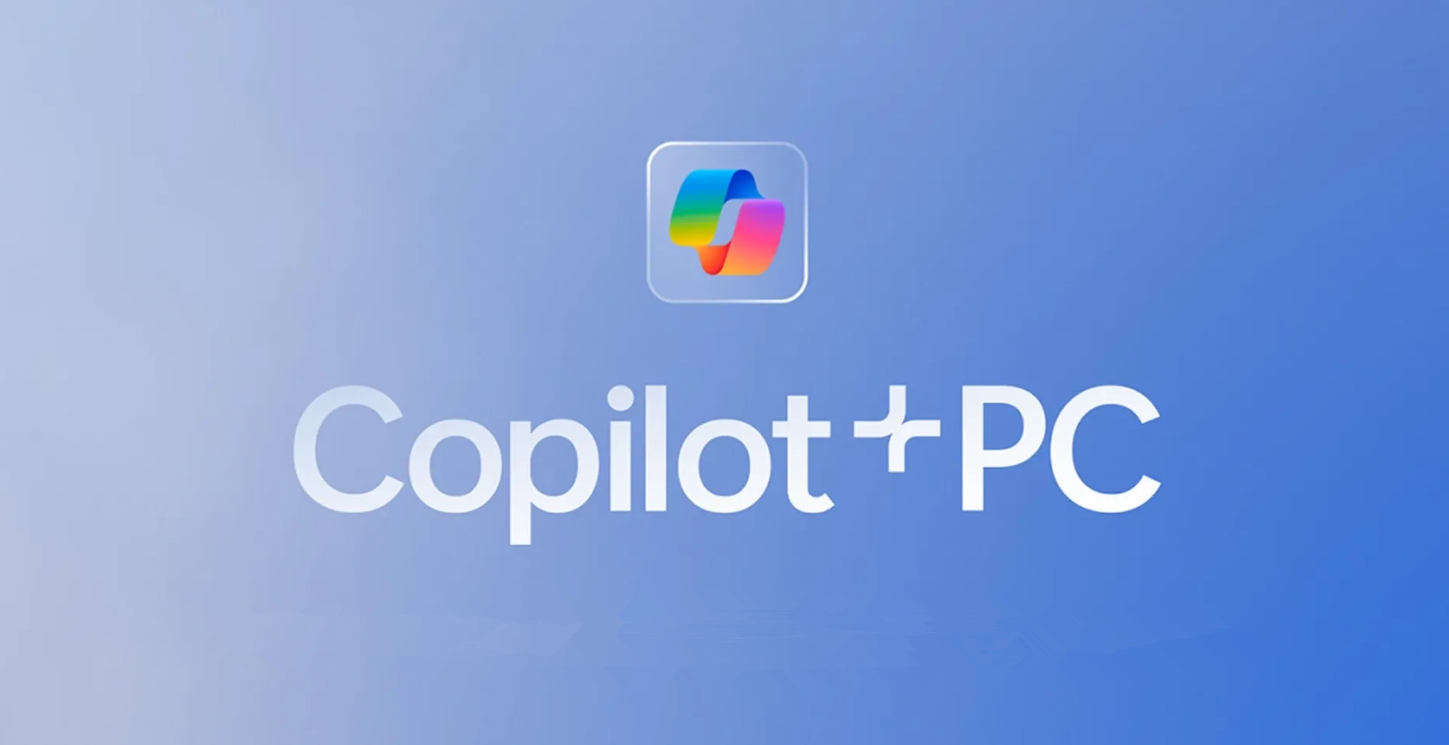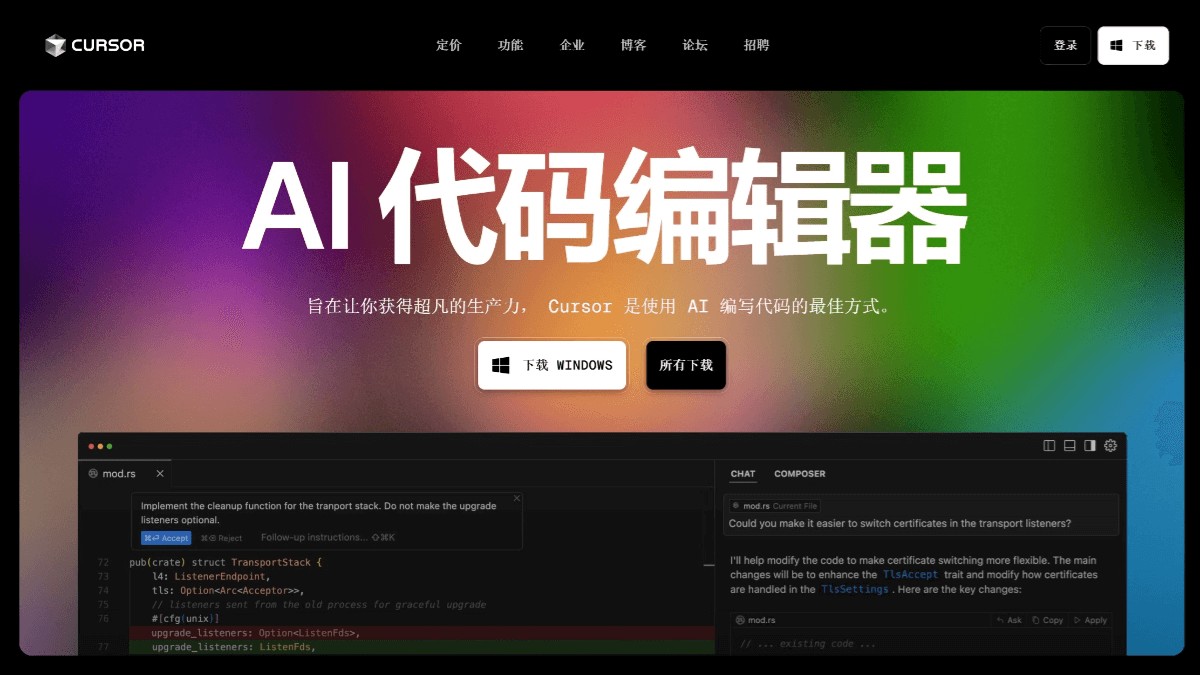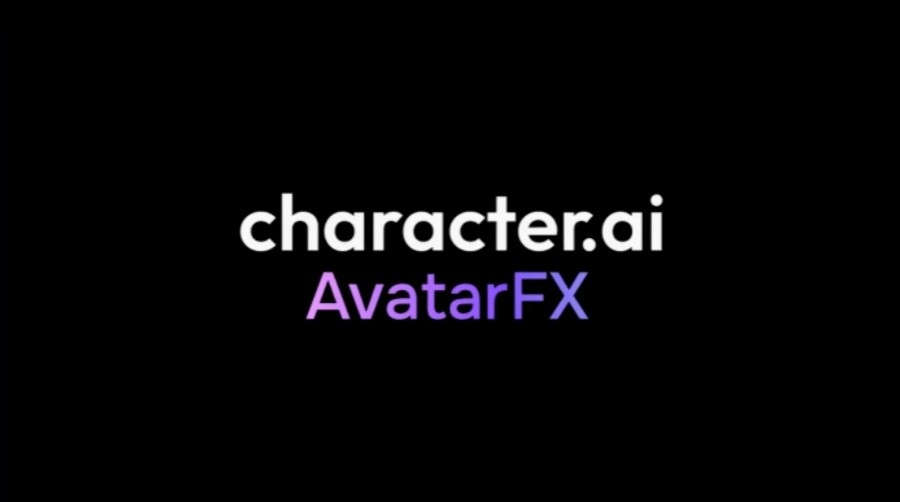
Microsoft is about to launch a new mini computer equipped with Copilot Plus and other AI functions. It is expected to bring innovative functions such as smart memories, to-do management, and AI image generation and editing to Windows 11. These mini computers are expected to take advantage of competition with Apple's latest Mac Mini.
ASUS and Geekom launch first mini PCs supporting Copilot Plus
Amid this wave of mini-computer craze, Asus became the first PC manufacturer to announce support for Copilot Plus. Asus announced the full specifications of the NUC14Pro AI in September and showed off its design. The mini computer is equipped with a dedicated Copilot button, is similar in size to the Apple Mac Mini, and has a very clever design.
Geekom also revealed news about three new mini computers at the upcoming CES show, two of which will support Copilot Plus. The first is powered by an AMD Strix Point processor, the second is powered by a Qualcomm Snapdragon X Elite processor, and the third is powered by Intel's unreleased Arrow Lake-H processor, although its NPU performance may not fully support Copilot Plus.
CES exhibition will become a platform for new product launches
The upcoming CES show will be a key stage for Microsoft and major OEMs to showcase new products. Microsoft last year encouraged OEM manufacturers to add Copilot shortcut keys to notebook keyboards, and Asus added Copilot buttons to its own mini computers, reflecting Microsoft's close cooperation with these PC manufacturers.
In addition, Qualcomm's Snapdragon X Elite chip enters the mini computer market for the first time, marking that Qualcomm's latest technology will promote the further development of AI capabilities. Although Qualcomm's Snapdragon development kit has been delayed due to production issues, its chips may appear in more mini computers or all-in-one machines, bringing stronger AI performance.



